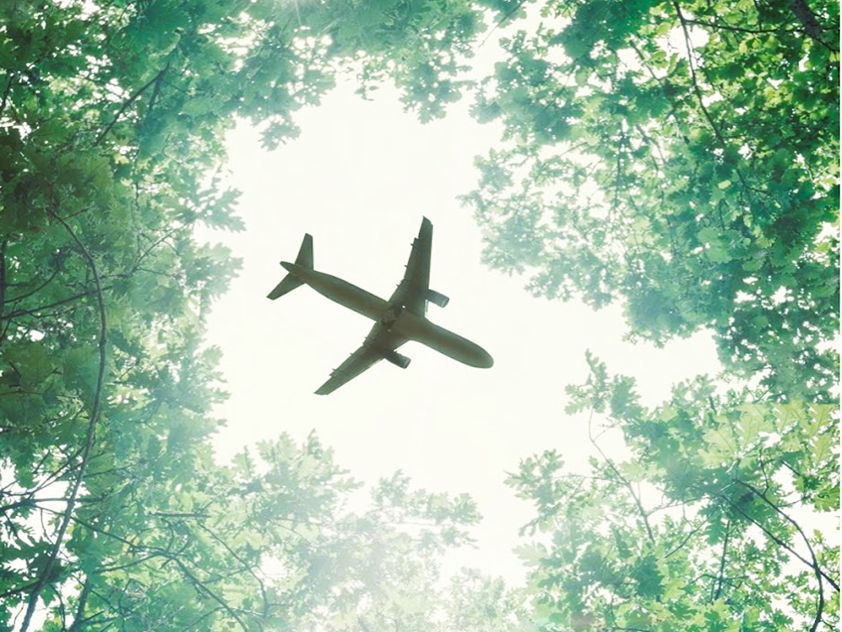Are you a graduate student (university or HBO) passionate about sustainability and eager to make a real impact? Join the Green Skies Thesis Lab organized jointly by LDE CfS, NLR, Collins Aerospace and AETHOS, and help finding solutions to reduce the environmental impact of the aerospace sector. We are looking for students who want to dive deep into this complex challenge and contribute to real-world solutions.

Air traffic is increasing and with the access to wealth from developing countries, it could be multiplied by two worldwide by 2050. So could its environmental impact if no mitigation measures are implemented on time. Next to sustainable fuels and new propulsion systems, the re-processing of aircrafts could play an important role in reducing the emissions from the aerospace sector by returning valuable resources to (equal) use.
What re-processing solutions (e.g. re-use, re-cycling, re-manufacture) make sense and are possible? What is the environmental impact of these solutions? What are the enablers, contractual and legal barriers to implement these practices and how to make them economically viable? How will this change with the next generation of aircraft with e.g. new propulsion systems and new materials? And what will be the effect on the consumer perception of flying?
These are the questions that the Green Skies Thesis lab will investigate. Interested in diving in those questions and helping the research toward greener horizons for the aerospace sector? Board now and embark on an exciting journey with a group of fellow students from diverse backgrounds to tackle together the challenge of making the aerospace sector more sustainable.
Registrations will open in September. Follow our website and socials to stay up to date and take a look at the previous thesis labs for inspiration.
What is a Thesis Lab?
A team of 10 to 14 graduating students from various programs in South Holland work on a sustainability challenge from the municipality of The Hague. These students work on their own graduation project (within their program) and follow a six-month program between February and June 2025, consisting of 12 sessions where they delve deeper into the question: “How can design, technological innovation, new business models and legislation help the aerospace industry reduce its impact on the environment?". The program includes, among other things, workplace visits, round table discussions with guest speakers, and workshops. During the final meeting, the students present their (collective) results.
Questions?
Please contact Esther van der Ent (e.van.der.ent@cml.leidenuniv.nl).
